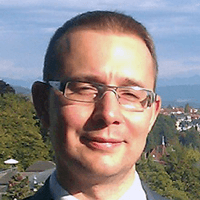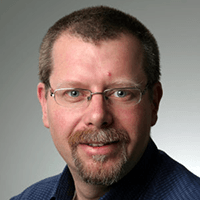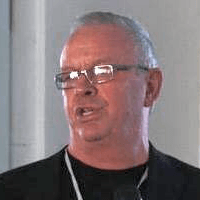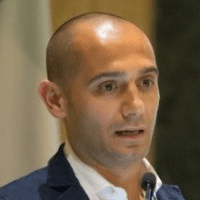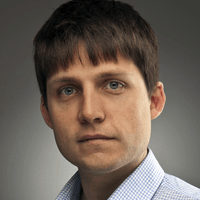Location: Germany
FernUniversität in Hagen (University of Hagen, FUH) is the only state-maintained distance education universityin the German-speaking countries and regions. The students benefit the modern teaching concept developed at FUH that is based on the Blended Learning method and combines printed study materials with multimedia and Internet-assisted forms of teaching and learning as well as optional face-to-face seminars. Contact and contact persons for the students are to be found on the main campus in Hagen as well as at the around 30 study centers in Germany, Austria as well as Central and Eastern Europe. Since it offers a real alternative to on-campus studies with high-quality final degrees (Bachelor, Master and Doctorate), it particularly also stands for the trend towards lifelong learning. That is why about 80,000 students have chosen to study here.
Research at FUH ranges from theoretical research to application-oriented research projects. Research is embedded in the traditions of the respective subject areas; in addition to these subject-specific projects, the range also includes both interdisciplinary and transdisciplinary projects.
FUH's faculty of mathematics and computer science offers programs in computer science, information science, mathematics, and electrical engineering. With 22 professors and around 50 postdocs and PhD students, research in all three fields is pursued. In this research project, the research group for parallelism and VLSI, led by Prof. Jörg Keller, will participate.
FUH has significant experience in researching novel network security threats (including information hiding techniques) and defensive system/solutions e.g. in network forensics, especially in cloud systems. Additionally, FUH has a long experience in providing high-performance crypto applications, e.g. a complete state space exploration of the A5/1 encryption algorithm used in GSM mobile phones, using an ensemble of computers comprising GPU-clusters and HPC-machines or parallel state space exploration and modification of embedded pseudo-random number generators to improve period length without state space increase (this activity was done as a collaboration with another university and a research institution). Furthermore, FUH has long experience in evaluation of prototype systems, e.g. with the SCC multicore processor in the Intel MARC project, where energy consumption of the cores under different loads were derived from power measurements of the complete processor chip. Additionally, FUH has long experience in optimizing, implementing and evaluating software for commercial multicores such as the Cell processor. Finally, FUH has also experience in exploring use cases for new algorithms, e.g. in providing fault-tolerance to cabling of television studios, in applying novel hard disk scrubbing algorithms to long-term archival systems, or in using parallel algorithms in digital CT image analysis to detect aneurysms.


